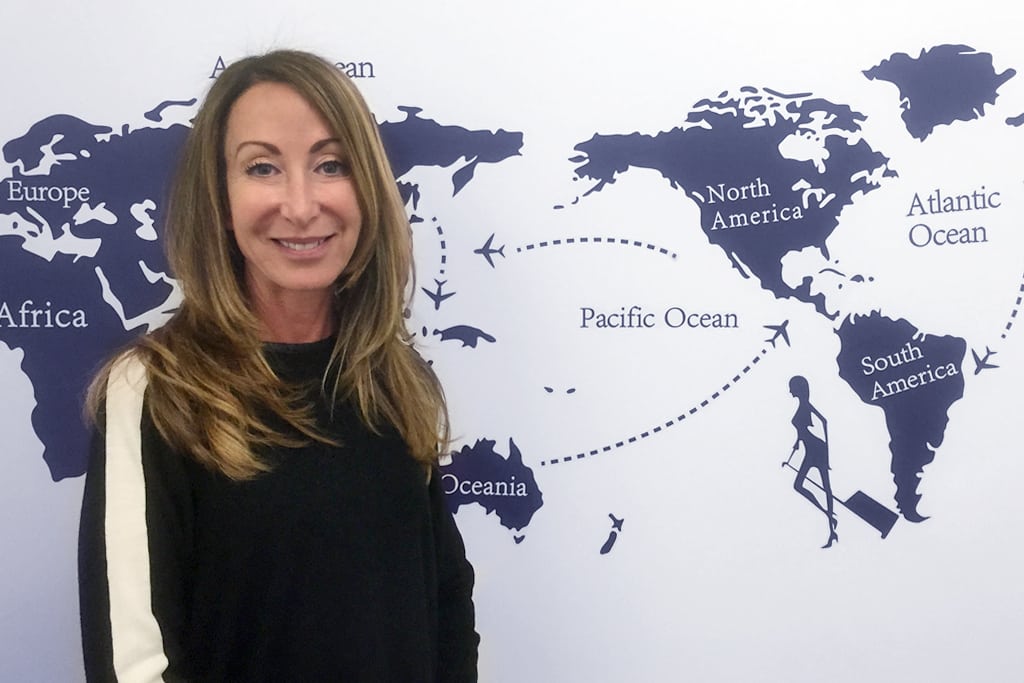Startup Stories: Travel Industry Veteran Cheryl Rosner on Knowing What You Stand For

Skift Take
For travel startups, company culture is more than window-dressing. It can have a lot to do with whether or not you survive to fight another day.
In our Skift Startup Stories series, we document travel startup issues, solutions, and lessons from a variety of angles, hoping to shed light on what separates the winners from the losers.
You can read all of the stories in the series here.
Cheryl Rosner, co-founder and CEO of boutique and independent hotel search startup Stayful, has a Hotels.com story that you know she's told and retold as an object lesson countless times to anyone who'll listen.
President of Hotels.com from 2003 to 2005 and later of sister company Expedia Corporate Travel, Rosner recalls how a nightmare of nightmares occurred at the hotel booking site one evening and, without revealing what the screw-up was, she now says, "I basically brought the company down in one fell swoop."
But Rosner laughs about the crisis now because in dealing with the problem, as employees started drifting in late at night of their own volition, without being summoned, the team discovered an esprit de corps that she believes provided a solid foundation moving forward.
"They were there just because they cared," Rosner says. "What we learned that above all else: The culture was the thing that was always going to help us to succeed through anything ... "
From her experiences at Hotels.com post-September 11 to Stayful today, Rosner says, "Our core values are to be good, true, beautiful and heroic, and then always do good in the hood, and travel's our hood. Once again, we view it as we don't need you to fail for us to succeed."
If it all sounds a tad goody-goody, Rosner counters that knowing what you stand for and carefully crafting your company culture can inform how you treat employees and their responsibilities, who you partner with and which investors you take funding from.
Rosner has seen it all, given her journey inside and outside of the travel industry. In addition to holding the top posts at Hotels.com and Expedia Corporate Travel, which became Egencia, more than a decade ago, Rosner saw success as the CEO of Ticketsnow when Ticketmaster acquired the company for $265 million in 2008, after having raised $34 million in funding.
But a couple of years later she departed as CEO of daily deals site BuyWithMe after only seven months as the site faced tough competition from Groupon and LivingSocial, among others, and had trouble raising additional funding. Gilt Groupe acquired BuyWithMe a year later in November 2011 in an asset sale.
Throughout it all, Rosner can tell the

